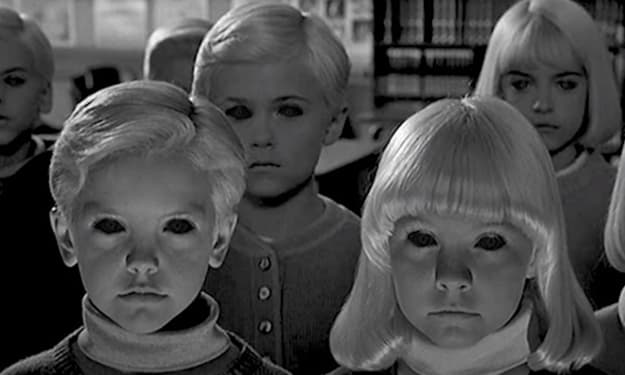Debunking Myths About Body Odor
Smelly feet mean bad hygiene? True or False, Find Out Now!

Body Odor: Myths and Facts
Body odor is a common problem that affects people of all ages. While it can be embarrassing, it's important to understand that there are many myths about body odor that are simply not true.
Myth #1: Sweat is smelly.
Sweat itself is actually odorless. The smell comes from the bacteria that live on our skin. These bacteria break down the sweat, creating a chemical compound that has a strong odor.
The science behind body odor:
The apocrine glands are the glands that produce sweat that has a strong odor. These glands are found in the armpits, groin, and around the nipples.
The bacteria that live on our skin feed on the sweat produced by the apocrine glands. As the bacteria break down the sweat, they produce a chemical compound that has a strong odor.
The type of bacteria that live on our skin can vary from person to person. This is why some people have stronger body odor than others.
The smell of body odor can also be affected by factors such as diet, hormones, and medications.
Myth #2: Everyone's armpits stink.
This is not true. There is a gene that some people have that prevents their armpits from sweating as much. These people are less likely to have body odor.
The gene that controls body odor:
The gene that controls body odor is called ABCC11. This gene is responsible for producing a protein that helps to regulate the sweat glands.
People who have a mutation in the ABCC11 gene produce less sweat, which means that they are less likely to have body odor.
This gene is also responsible for the different types of sweat that are produced by the apocrine glands. People with different mutations in the ABCC11 gene produce different types of sweat, which can affect the smell of their body odor.
Myth #3: Smelly feet mean bad hygiene.
This is also not true. Feet are naturally moist, which creates a breeding ground for bacteria. Even if you have good hygiene, you may still have smelly feet.
How to prevent smelly feet:
- Wash your feet with soap and water regularly.
- Dry your feet thoroughly after washing.
- Wear loose-fitting, breathable shoes.
- Change your socks frequently.
- Use a foot powder to help keep your feet dry.
Myth #4: Your signature scent never changes.
Your scent can change over time due to factors such as your diet, hormones, and medications. For example, your scent may become stronger during puberty or when you're pregnant.
How your diet affects your body odor:
The foods you eat can affect the type of bacteria that live on your skin. This can, in turn, affect the smell of your body odor.
For example, eating foods that are high in sulfur, such as garlic and onions, can make your body odor smell stronger.
How your hormones affect your body odor:
Your hormones can also affect the smell of your body odor. For example, during puberty, your body produces more sweat, which can make your body odor smell stronger.
Menopause can also affect body odor. During menopause, women's bodies produce less estrogen, which can lead to changes in the type of bacteria that live on the skin. This can, in turn, affect the smell of body odor.
Myth #5: Sweating is a good way to detox.
Sweating is not a way to detox your body. Your liver and kidneys are responsible for removing toxins from your body.
How your body detoxes:
Your liver and kidneys are responsible for removing toxins from your body. These organs filter the blood and remove toxins that are dissolved in the blood.
- The toxins are then excreted from the body in the urine or feces.
- Sweating does not play a significant role in the detoxification process.
Myth #6: You won't sweat if you put on deodorant.
Deodorant and antiperspirant are two different things. Deodorant helps to mask the smell of sweat, while antiperspirant helps to reduce sweating.
How deodorant works:
Deodorant contains ingredients that help to mask the smell of sweat. These ingredients can include baking soda, aluminum chlorohydrate, and triclosan.
When deodorant is applied to the skin, it creates a barrier that prevents bacteria from breaking down the sweat. This helps to prevent the formation of body odor.
How antiperspirant works:
Antiperspirant contains aluminum salts that clog the sweat glands. This prevents sweat from reaching the surface





Comments
There are no comments for this story
Be the first to respond and start the conversation.